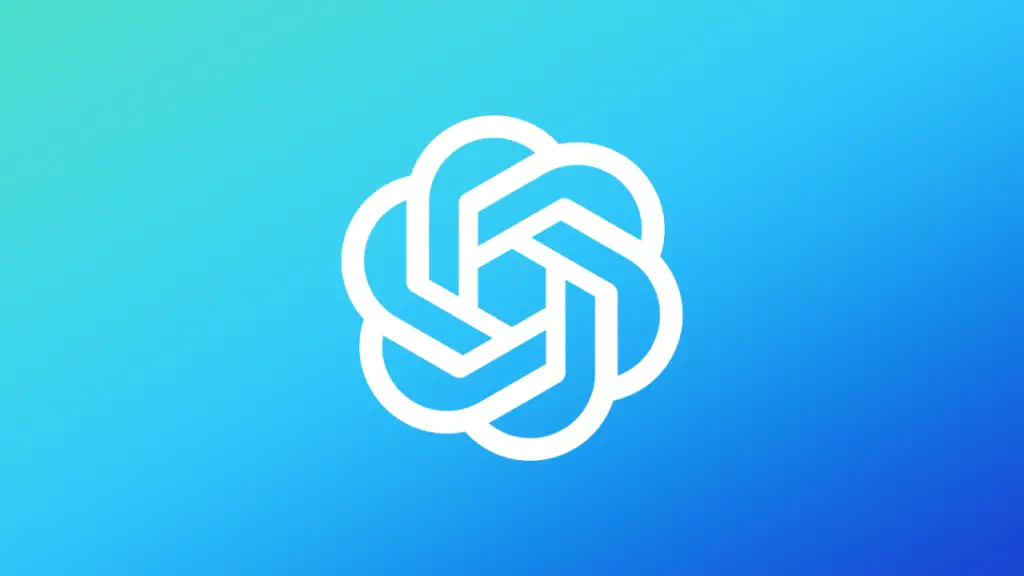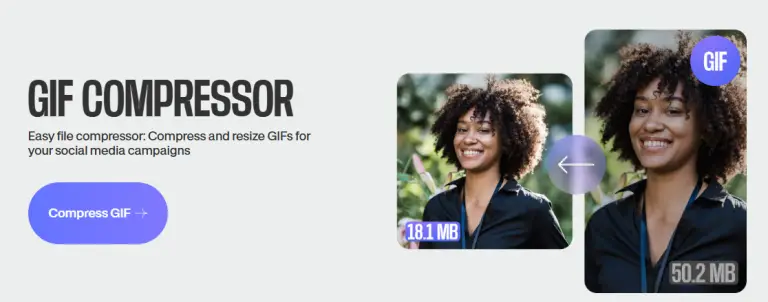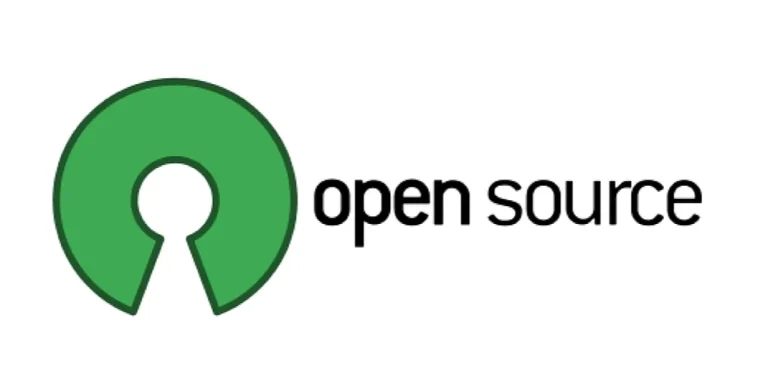
OpenAI has unveiled its latest reasoning models, GPT-o3 and GPT-o4-mini, both of which have achieved top-tier results across multiple AI benchmark tests. These models are also capable of interfacing with external tools such as web browsers and Python interpreters.
According to OpenAI, the new models have been trained to understand when and how to utilize tools effectively, generating detailed responses in the correct output format. With cutting-edge reasoning capabilities and access to external tools, users can expect significantly improved query responses compared to previous GPT models.
Among them, the o3 model stands as OpenAI’s most powerful reasoning model to date, setting new state-of-the-art benchmarks on Codeforces, SWE-bench, and MMMU. It also supports image uploads, enabling users to analyze visuals, diagrams, and charts through the model.
The o4-mini model, by contrast, is more compact, designed for faster processing and lower cost. Despite its smaller size, it performs comparably to o3 in mathematics, programming, and visual tasks. Notably, when paired with a Python interpreter during the AIME 2025 competition, o4-mini scored an impressive 99.5%. Due to its superior efficiency, o4-mini is better suited for handling high-volume reasoning workloads.
OpenAI notes that both new models deliver more natural and conversational responses, as they can reference memory and previous interactions. Performance has been enhanced through large-scale reinforcement learning, which also trains the models to interact effectively with external tools.
On the client side, ChatGPT Plus subscribers can now switch to the new o4-mini, o4-mini-high, and o3 models via the model selector. Free ChatGPT users can experiment with the o4-mini model through the “Thinking” option in the text selector. OpenAI also plans to release the o3-pro model in the coming weeks, featuring comprehensive tool support.
As for API pricing, the o3 model is priced at $10 per million tokens for input and $40 per million tokens for output. The o4-mini model shares the same pricing as o3-mini, at $1.10 per million input tokens and $4.40 per million output tokens. While these rates are relatively high, users handling large volumes of non-critical tasks may opt for more economical models to reduce costs.


